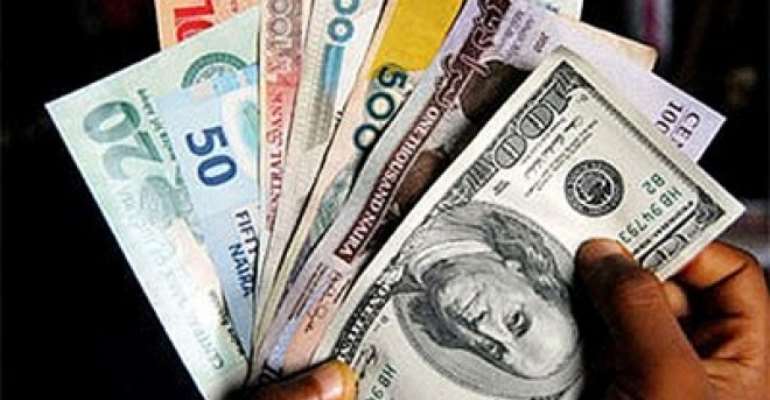Wasteful recurrent expenditure - Thisday

There is still too much waste in the running of government
If indeed the federal government has taken any measures to reduce avoidable waste in government spending, Nigerians are yet to see it. If anything, it would seem that profligacy is now the name of the game for public officials at all levels of government in our country but more particularly in Abuja. With the fleet of vehicles that needlessly accompany government functionaries on a regular basis increasing, with government's monthly expenditure on consumption going up and with the plethora of aides, most of them with no clear or meaningful schedules, we doubt that any serious thought has so far been given to how not to expend scarce public resources.
We make these observations against the background of the federal government's avowed resolve to minimise, and even eliminate, misuse of national resources by isolating expenses that should not be incurred in the first place. This commitment came early in the life of the President Goodluck Jonathan administration and was re-emphasised with some urgency during the fuel subsidy controversy in 2012.
But Nigerians can see nothing, so far, to suggest any seriousness in this matter. Indeed, as far as assurances and resolutions go, the expected benefits of the removal of wasteful government spending are being delivered in the breach.
The promise of 'shared sacrifice', following the fuel price hike, has today become nothing but a mirage. We see, instead, an ever-growing number of public officers statutorily excluded from the privilege of driving official cars, or living in houses paid for by government, who are putting new margins of frills to their unlawful privileges. The sacrifices, if any, can only be seen in suspected cutbacks on some of the very programmes that would benefit the masses of Nigerians who are making the real sacrifice. Indeed, the insensitivity of public officials seems to be growing and with it several monumental cases of graft and waste for which nobody is held to account.
Meanwhile, the palliatives allegedly put in place to cushion the negative economic effects of the hike in the cost of petroleum products have been described as a runaway success by its managers and government. But where are the palliatives? It is certainly not impacting on the lives of Nigerians.
Yet, given the celebratory comments of the drivers of the SURE- programme, we are forced to conclude that the federal government has assigned itself the scandalous role of a doctor who applauds his medication in the face of a thriving mortuary that draws its dead bodies from his hospital.
We suggest a review of government spending and, even more importantly, a rethinking of the cost of maintaining our public office holders. Greater evidence of seriousness in reducing the cost of government at all levels is needed now. Unfortunately, the report of the Steve Oronsaye committee on the streamlining of MDAs seems to have been abandoned like that of many other committees established by the administration. In fact, at a time the federal government should focus on the fact that implementing that report which requires an evaluation of our current economic and other challenges, it is now contemplating adding more bureaucracies that would not in any way advance the interest of the people.
While we note and commend the efforts of the federal government to mitigate the effects of many negative economic factors in the country today, we must go further to point out the need to do much more, because there is little to cheer about when we look at the official life style of our public office holders. We therefore call on the federal government to begin to cut down on the waste that is now associated with government in our country today.
